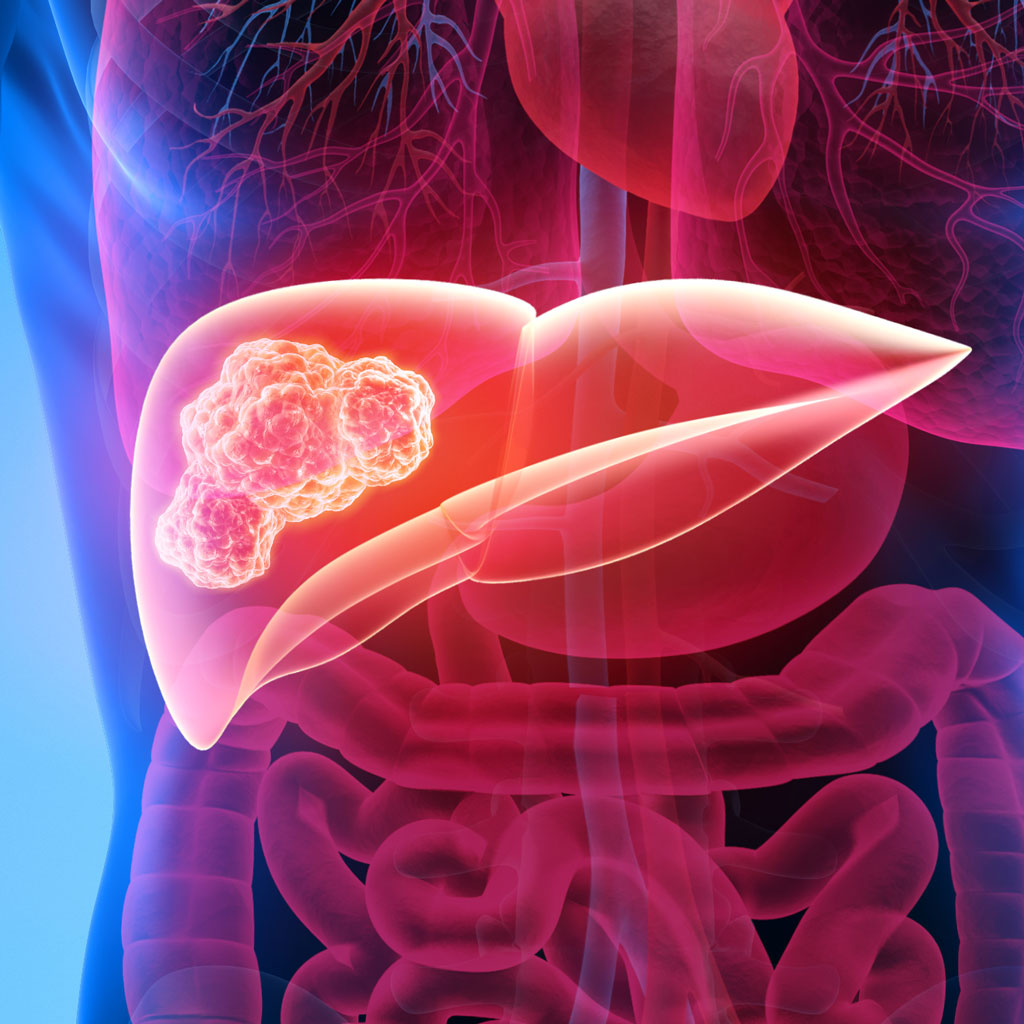If you or a loved one has been diagnosed with a liver tumor, you may be wondering what options exist beyond traditional surgery. The good news is that not all liver tumors require invasive operations. Today, there are advanced, minimally invasive treatments for liver tumors, often with less pain, shorter recovery times, and fewer risks.
One of the most promising approaches is liver tumor embolization, a procedure that cuts off the blood supply to the tumor to stop its growth. Despite how that sounds, it’s very safe and effective.
Treatments for Liver Tumors: What Is Liver Tumor Embolization?
Liver tumor embolization is a minimally invasive liver tumor treatment performed by an interventional radiologist. Using a small catheter inserted through a blood vessel in the groin or wrist, the doctor navigates to the liver and delivers tiny particles directly to the blood vessels feeding the tumor. These particles block the blood flow, which shrinks the tumor until it vanishes.
There are a few types of embolization used for liver tumors, including:
- Transarterial embolization (TAE): Blocks the artery feeding the tumor.
- Transarterial chemoembolization (TACE): Delivers chemotherapy drugs directly to the tumor before blocking the artery.
- Radioembolization (Y-90): Uses tiny radioactive beads to target cancer cells with radiation.
Each option is tailored to the type and location of the tumor, as well as the patient’s overall health.
Who Is a Candidate?
Minimally invasive liver tumor treatments like embolization are often used for patients who:
- Have liver cancer that cannot be surgically removed
- Are waiting for a liver transplant
- Want to avoid or cannot tolerate traditional chemotherapy
- Need to shrink tumors to improve other treatment outcomes
These treatments are commonly used for primary liver cancer (like hepatocellular carcinoma) and for cancer that has spread to the liver from other parts of the body.
What to Expect
Liver tumor embolization is typically done on an outpatient basis or with a short hospital stay. Most patients are up and walking the same day and can return to normal activities within a week. Side effects are usually mild and may include fatigue, fever, or mild abdominal pain for a few days.
When it comes to liver tumors, surgery isn’t the only option. A minimally invasive liver tumor treatment like embolization offers a targeted, lower-risk alternative that can significantly improve outcomes and quality of life. If you or a loved one has been diagnosed with liver cancer or tumors affecting the liver, the team at North Star Vascular & Interventional is ready to help. Contact our team to schedule a consultation for internal hemorrhoid treatment.
